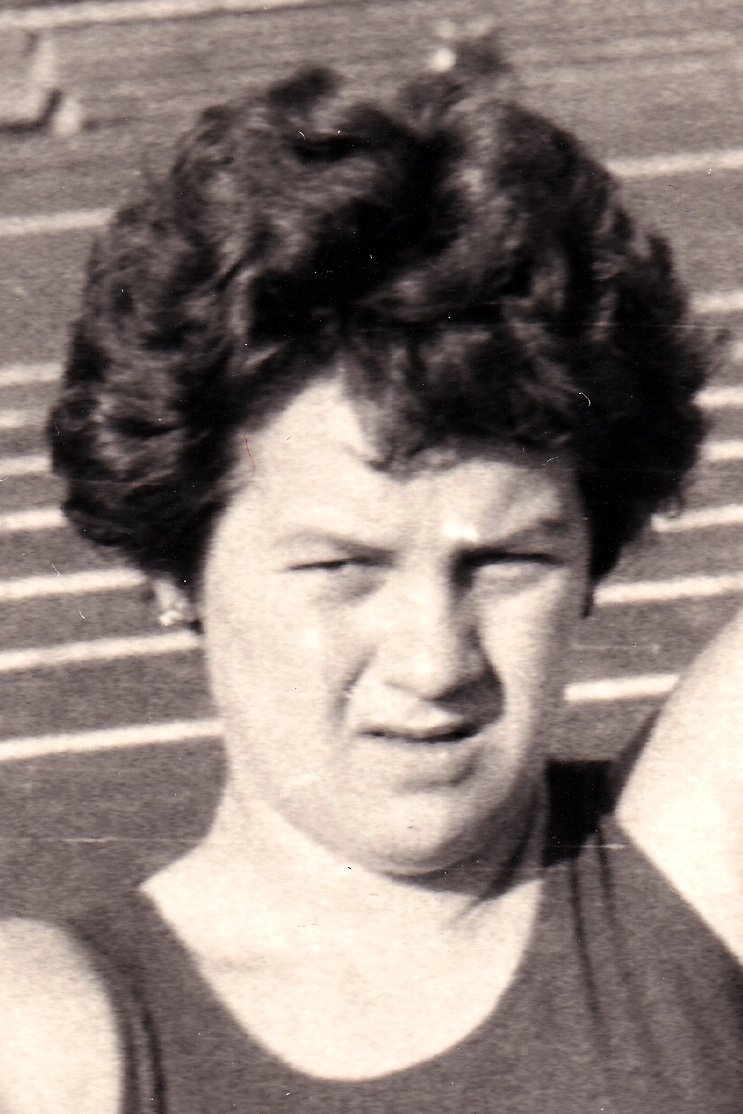Smoke of a different color rolled from each chimney. The river stinked terribly

Stáhnout obrázek
Miroslava Pěčková, née Pavelková, was born on January 10, 1942 in Ostrava. She grew up and spent her whole life in the Radvanice district. Her father was a car mechanic, the mother saleswoman. Grandfather Arnošt Pavelek was a Czechoslovak legionary. Probably in 1920 he experienced the return of legionnaires from Vladivostok to their homeland. This is evidenced by the collection of postcards from the boat trip owned by Miroslava Pěčková. After February 1948, the Communists nationalized the barber shop for Arnošt Pavelek, and Miroslav witnessed the nationalization of dozens of other trades, crafts and shops in Radvanice. In the 1950s, she observed the construction of Klement Gottwald‘s New Ironworks in Ostrava and the extremely poor impact of its operations on the environment. She graduated from the Pedagogical Institute and commuted to teach in Orlová in the Karviná region. There she observed the coexistence of new inhabitants of the mining colony. Especially Czechs, Slovaks and Roma. In 2016, doctors diagnosed Miroslava Pěčková with lung cancer, from which she was cured. The husband died of cancer in 2018.

























































































